Your Greatest Leadership Challenge: A Look in the Mirror at Self-Leadership
Most leadership development focuses on leading other people. But to lead others well, you must first lead yourself well. As leadership coach and consultant Glenn Gutek writes, “All leadership starts with self-leadership.”
The importance of self-leadership
Self-leadership is so important that former VISA CEO Dee Hock once suggested that leaders focus 50% of their time and effort on leading themselves, before leading vertically and horizontally within their organizations.
Thirty years of academic research reveals numerous positive business outcomes from effective self-leadership: increased commitment, confidence, job satisfaction, performance, productivity, creativity, and innovation, among many others.
The benefits of self-leadership transcend the workplace. Improvements in emotional health, relationships, physical fitness, and spiritual well-being are often attributed to positive self-leadership.
The antidote to leadership derailment
Self-leadership is also an important antidote to leadership derailment, when seemingly high capacity leaders veer off the tracks. Chick-fil-A founder Truett Cathy once said, “The number one reason leaders are so unsuccessful is their inability to lead themselves.”
In some cases, derailment occurs when leaders lose sight of personal values or ethical standards, succumbing to greed or the trappings of the office. Classic derailment examples include Kenneth Lay, Bernard Ebbers, and Dennis Kozlowski, leaders at the helm of three colossal corporate scandals in the early 2000’s.
Derailment also occurs when leaders perform below expectations, often to the point of demotion or termination. Marissa Mayer has taken a lot of criticism lately for Yahoo’s underperformance. She’s been described as a driven workaholic who once spoke of managing bathroom breaks in order to work exorbitant hours in her prior role at Google. Others note her lack of listening, learning, and attention to culture as marks of poor leadership.
Soft skills deficiencies
Derailment is rarely due to a lack of technical knowledge and skills. It more likely results from deficiencies in soft skills or non-technical factors. The International Journal of Economics and Financial Issues cites five recurring themes when leaders derail: interpersonal relationship problems, failure to build and lead a team, failure to meet business objectives, inability to change or adapt, and too narrow functional orientation.
Successful self-leadership is the starting point to overcome these potential pitfalls.
What is self-leadership?
UMass Amherst Management Professor Charles Manz defines self-leadership as:
A self-influence process and set of strategies that address what is to be done and why as well as how it is to be done.
Self-leadership is not simply an anecdotal concept, but one rooted in several theories and models from psychology: self-regulation, social cognitive theory, self-determination, intrinsic motivation, and self-management.
Become a better self-leader
This is the first of a series of articles that will take a deeper dive into the practice of self-leadership. Next up: building a strong personal foundation through clarity of vision, purpose, and values. Then: understanding individual differences, strengths, struggles, and blind spots. Later: establishing self-leadership disciplines to show up as your best self in every situation.
Join the journey and maximize your leadership!
Where are you at most risk of leadership derailment? Let’s talk about ways to use self-leadership as a springboard for better leadership of your people and organization. Contact me via email or schedule a complimentary strategy session on my online calendar.
Photo copyright: frugo / 123RF Stock Photo









